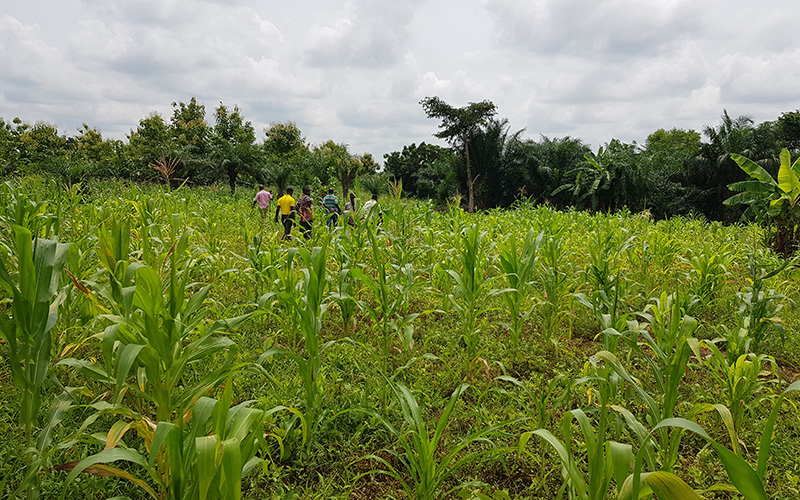About RESADE

Background
The RESADE project is implemented by the International Center for Biosaline Agriculture (ICBA) in partnership with the International Fund for Agricultural Development (IFAD) and the Arab Bank for Economic Development in Africa (BADEA). The project will provide the aforementioned solutions in seven SSA countries in which salinization of agricultural land is a growing problem – namely The Gambia, Liberia, Sierra Leone and Togo in Western Africa, and Botswana, Mozambique and Namibia in Southern Africa. The project will support national agricultural development policies and strategies of the target countries by rehabilitating and increasing the productivity of salinity-affected lands, and will provide technical assistance in salinity management to other IFAD- and BADEA-funded projects being implemented in these countries. It will draw from ICBA’s past and ongoing projects as sources of relevant and valuable experience in the introduction of salinity management approaches to smallholder farmers in marginal environments.

Objectives
The goal of the project is to improve food security and reduce poverty of poor smallholder farmers, particularly women, in salinity-affected areas in Botswana, The Gambia, Liberia, Mozambique, Namibia, Sierra Leone, and Togo.
The development objective of the project is to increase agricultural productivity and incomes in salinity-affected agricultural areas by:
- Introducing salt-tolerant crops and best agronomic management practices
- Developing value chains for introduced cropping systems
- Building the capacity of farmers and extension workers in salinity-resilient and climate smart agriculture in collaboration with national agricultural research and extension services (NARES).
- Incorporating climate-smart and salinity-resilient agricultural models and approaches into national agricultural development policies and strategies in the seven target countries.


Outcomes
The expected outcomes are:
- Around 11,550 smallholder farmers in targeted areas, at least half of them women, adopt new cropping systems that are resilient to salinity and climate change, and utilize climate-smart innovative intensification technologies and practices that increase productivity and mitigate/prevent further salinization;
- In targeted areas, productivity of saline lands is increased by 30% and economic returns to smallholder farmers are increased by 20%; and
- Climate-smart and salinity-resilient agricultural models and approaches are incorporated into national agricultural development policies and strategies in the seven target countries.

Impacts
The project activities and outputs include:
- Salinity-affected areas within each target country identified and assessed, and three areas selected for project implementation in consultation with stakeholders;
- In each targeted area, most appropriate and productive salinity management technologies and practices identified in collaboration with local farmers and transferred to the farming communities through related capacity building;
- In each targeted area, at least two farmers’ cooperatives and one community-based seed production and processing unit established and/or strengthened and linked to other value chain actors;
- A dedicated project web portal and educational videos/audios developed for knowledge management and sharing; water management policies, practices, institutions and infrastructure assessed and improvement recommendations made to ensure optimal water management and salinity control; awareness raised among policy- and decision-makers regarding the impact of salinity and climate change impacts on agricultural development, and their support for scaling up of appropriate mitigation/adaptation measures secured.
